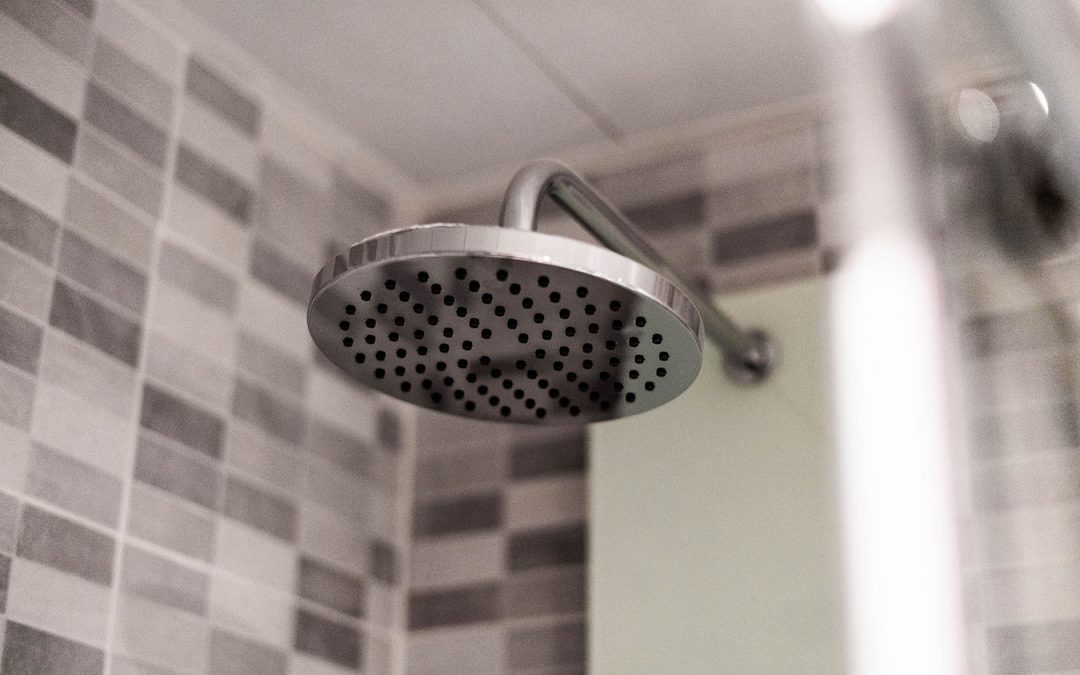What are the benefits of having a cold shower right after your workout?
Is a Cold Shower Good After a Workout?
You’ve just done a tough workout and now your thoughts turn to recovery. What you eat, drink, and do next can help your body adapt to the training session and set you up for your next round of exercise.
Taking a cold shower after exercise is one of the strategies people use to feel better, especially if the workout has been especially hot and sweaty. Let’s look at all the benefits of cold showers after training so you can get the most out of this recovery strategy at home.
Research About Cold Showers After A Workout
There’s plenty of research into the effects of cold-water therapy for workout recovery. Most of the research has been done on runners and other endurance sport athletes. The biggest impact has been seen in reducing muscle soreness, so you can feel less achy for your next workout.
Cold Showers Or Warm Showers After A Workout?
Maybe you’re thinking you don’t want to stand under cold water right after a workout, after all it doesn’t sound too relaxing. Whilst the idea of a warm or even hot shower might be more appealing, there’s evidence that cold water is better for sports recovery. Warm or hot water can actually increase the microtears that exercise creates in your muscle fibres. Give cold showers a try – they promote a feeling of relaxation afterwards.
Should You Avoid Hot Showers After Exercise?
Yes, it’s a good idea to avoid hot showers or a hot bath after exercise. It might feel soothing at the time, but the hot water will open up your capillaries and may increase the natural damage in your muscles caused by the workout. Hot water can also impact your blood pressure, making you feel dizzy or lightheaded, and can contribute to dehydration.
Benefits Of Cold Showers In The Morning
Post-workout cold showers aren’t the only good time to use a little cold-water therapy. Cold showers can also be beneficial first thing in the morning. The cold water will wake up your body and mind, setting you up for a day of brain-boosting alertness and focus. And there are a host of potential health benefits from taking a cold shower in the morning. A cold shower in the morning can stimulate an immune response, increase white blood cells, and contribute to better cardiovascular health.
7 Cold Shower Benefits After A Workout
Reduce Muscle Soreness
Cold water therapy can speed up recovery from muscle soreness and DOMS, reducing discomfort and helping you move more freely after a tough workout.
Calm Itchy Skin
If you experience tight or itchy skin after working out in very hot, humid or cold weather then cold showers can help calm the skin, helping you sleep better.
Increase Circulation
A cold shower will boost your circulation, driving more fresh blood around your body to help heal the muscle groups you just worked.
Help Rehydrate Skin
Tight, itchy skin from outdoor workouts can be uncomfortable, but a cold shower can help replace water (and avoid extra dehydration).
Stimulate The Nervous System
The sensation of cold water is great for your central nervous system and vagus nerve, which helps your body and mind recover from the stress of a workout.
Increase Mindfulness
A cold shower might not sound relaxing, but we promise it can be. The sensation of cold water can help you focus on how your body feels after a training session. And cold water stimulates brain chemicals including endorphins, which boost feelings of happiness and wellbeing the natural way.
Promote Deeper Sleep
Research shows that cool or cold showers and baths are the best choice before bed. Cooling the body temperature primes your system for deeper, more restful sleep. And this will really help you recover from your workout.
When Should You Avoid Cold Showers?
Whilst cold water therapy and cold showers are thought to be good for your mind and body, it’s smart to use your common sense. If you are already cold (perhaps you’ve been for a winter outdoor run), a cold shower will make you even colder and could lead to tight muscles. And if you’re feeling ill or recovering from any kind of sickness, feel free to skip the cold showers. Your body is already working hard to get back on an even keel.
Tips For Taking Cold Showers After Working Out
Since you’ll definitely be taking a shower after your workout, why not make that shower part of your recovery strategy? Hot showers can be detrimental to muscle soreness, blood pressure and even hydration. Cold showers (or alternating warm and cold water) may help you recover faster, ease muscle soreness, and even sleep better.
If you’re new to cold water therapy, have a regular warm (not hot) shower, then turn the water temperature to cold for the final 60 seconds of your shower. Gradually increase this until you are taking a 3-minute cold shower. Before long, you will be in the habit of having cold showers every day, in the morning, after a workout, or right before bed.



